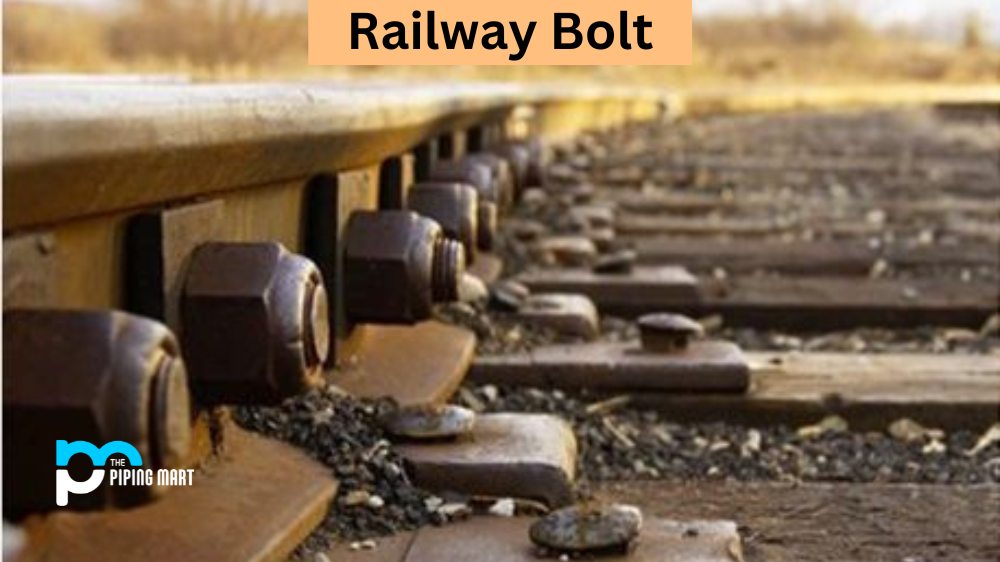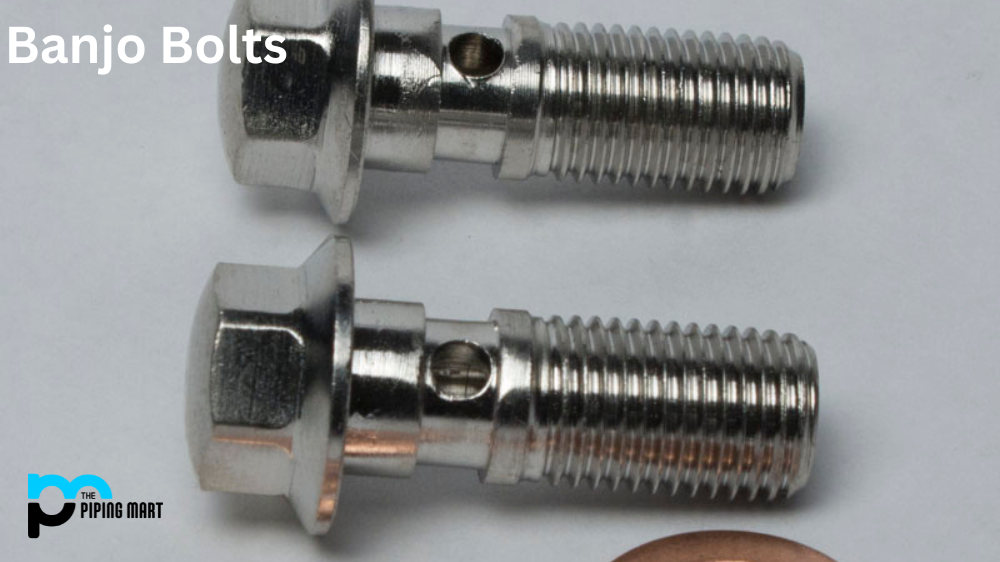Many people may not know what a railway bolt is, but they are a key component of the railroad industry. A railway bolt is a fastener used to connect two or more pieces of metal together, and it has been used since the 19th century. Railway bolts are made to be extremely durable and resistant to corrosion so that they can withstand the constant pressure placed on them by passing trains. In this blog post, we will outline the basics of railway bolts, their uses, and why they’re important for the railroad industry.
What is Railway Bolt?
A railway bolt is an extremely strong fastening device used to join two pieces of metal together. It is designed to withstand substantial amounts of stress from passing trains, which can reach speeds up to 155 mph. Generally speaking, railway bolts consist of two parts: a head and a shank. The head is usually hexagonal or square in shape and can be tightened or loosened with either a wrench or socket drive tool. The shank has threads on one end that allow it to be screwed into place.
Railway Bolt Uses
Railway bolts are primarily used in railroads for joining sections of track together, as well as connecting other elements of the railways such as guard rails, sleepers, chairs, etc. These types of bolts have also become increasingly popular in other industries, such as construction, due to their high tensile strength and durability. They can be used for any application where strong fasteners are needed, such as automotive projects, furniture assembly, bridge building etc.
Why are they Important?
Railway bolts are essential for keeping railways safe and reliable. Their ability to withstand extreme forces means that they can ensure that tracks stay firmly connected even when faced with significant vibrations created by passing trains at high speeds. Furthermore, because they are highly resistant to corrosion and other environmental factors, they can maintain their structural integrity even after long periods of time exposed to harsh weather conditions like rain or snowfall. This makes them ideal for use in outdoor applications such as bridges or around train yards where there’s often snow during winter months.
Conclusion:
Railway bolts play an essential role in the railroad industry by providing strong connections between tracks while also withstanding extreme forces created by passing trains at high speeds. Because railway bolts are incredibly durable and resistant to corrosion, they have become increasingly popular for use in outdoor applications like bridges or around train yards where there’s often snow during winter months. By understanding what railway bolts are and how they work, railroads will be able to ensure that their operations remain safe and reliable for years to come!

Pipingmart is a B2B portal that specializes in metal, industrial and piping items. Additionally, we share the latest information and information about materials, products and various types of grades to assist businesses that are involved in this business.




